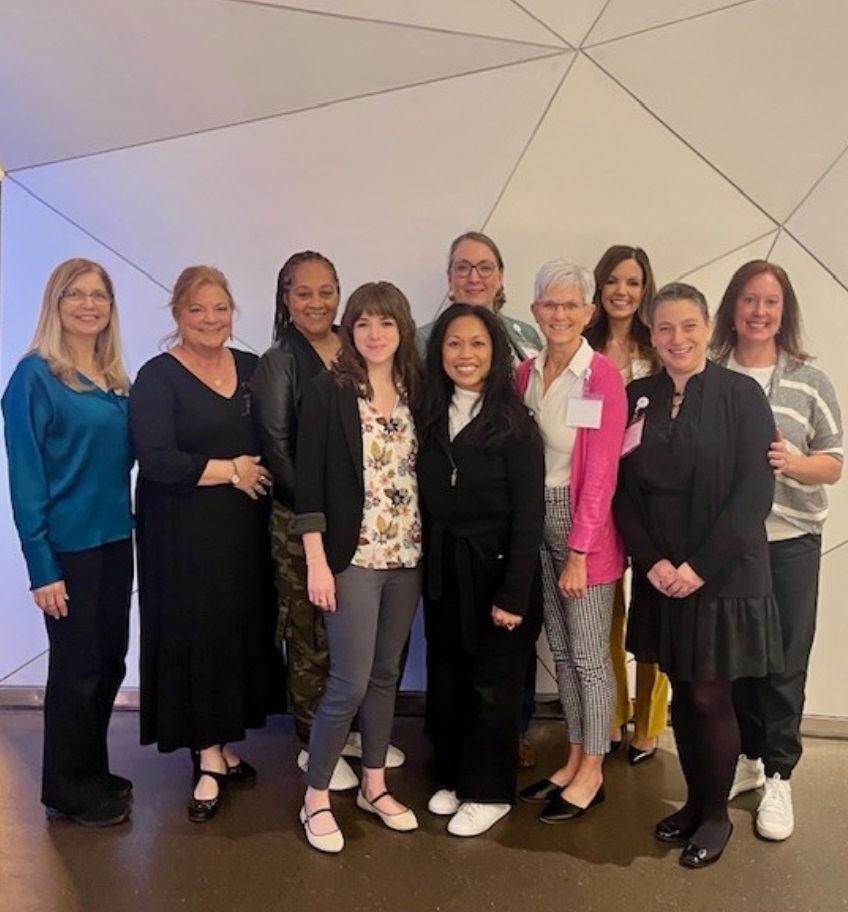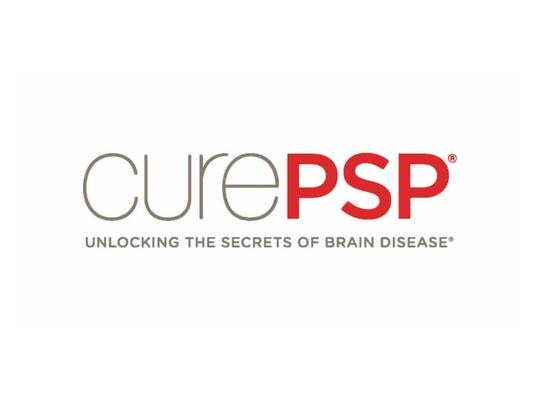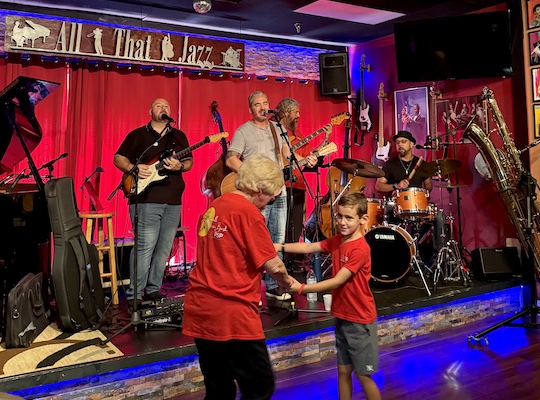CurePSP and Parkinson’s Foundation Train 100 Healthcare Professionals in PSP, CBD and MSA
Nov 19, 2024 Courtney Malburg
CurePSP and the Parkinson’s Foundation continue to make rare neurodegenerative diseases more manageable for the medical community as they successfully co-hosted a novel in-person training on the interprofessional care of the atypical Parkinsonian conditions of progressive supranuclear palsy (PSP), corticobasal degeneration/syndrome (CBD/CBS) and multiple system atrophy (MSA) on October 25-26, 2024 in Minneapolis, MN.
After nearly three years of close collaboration and planning, the two-day long Advanced Team Training brought together over 100 attendees from both Canada and 19 U.S. states. Attendees included neurologists, physician assistants, nursing professionals, physical and occupational therapists, speech-language pathologists, social workers, psychologists and more. The agenda was comprised of case discussions, discipline-specific breakout sessions, a panel of people with lived experiences with PSP, CBD/CBS and MSA and presentations on how to build interprofessional teams, practice palliative care and attend to compassion fatigue.
The Parkinson’s Foundation Team Training is an educational program for healthcare professionals that aims to enhance team-based care and improve health outcomes for people living with Parkinson’s disease. Over 2,000 healthcare professionals have gone through the Team Training program since it was established 21 years ago. For their third annual Advanced Team Training, open to only alumni of the Team Training, the Parkinson's Foundation partnered with CurePSP to center the program on the unique care needs and considerations of PSP, CBD/CBS and MSA.
Unlike with Parkinson’s disease, non-neurologist clinicians often find limited opportunities for formal training on best care practices with atypical Parkinsonian conditions. Yet, most people with PSP, CBD/CBS or MSA receive an initial diagnosis of Parkinson’s disease and their symptoms are often managed by the same clinicians. CurePSP and the Parkinson’s Foundation recognized this challenge and gap and, together, developed a program to help medical providers understand how to create person-centered and team-based assessment and treatment plans for atypical Parkinsonian conditions.
“Overhearing the discussions, talking with people at the CurePSP table and reading the post-program feedback, it was very encouraging that the attendees shared that they planned to bring materials back to their clinic and to educate their colleagues not in attendance on the differences between Parkinson's disease and atypical Parkinsonism,” said Courtney Malburg, associate director of education at CurePSP. “They walked away with a better understanding of the roles of their own discipline and their teams in caring for people who have PSP, CBD or MSA as well as a motivation to continue to improve their care practices with this community.”
Prior to the in-person training, attendees were required to participate in a self-paced online course on atypical Parkinsonism that was created by CurePSP, the Parkinson’s Foundation and a variety of subject matter experts from across the shared networks of the two non-profit organizations. This online course, as well as a three-part podcast published in September 2023, are available to any healthcare professionals on the Parkinson’s Foundation Learning Lab for free continuing education credits and have already had hundreds of participants.
“The connections that CurePSP and the attendees made during Advanced Team Training will continue to have an impact for years to come,” said Jessica Shurer, director of clinical affairs and advocacy at CurePSP. “We are so grateful for the time and energy that these healthcare professionals dedicated to education on accurate diagnosis and individualized treatment for PSP, CBD/CBS and MSA with their teams. CurePSP’s goals to improve care and raise awareness would not be possible without partnerships like the one with Parkinson’s Foundation and the support and drive of the medical community to pursue career-long learning.”
Join our email list
Get the latest news and resources
directly to your inbox.
Get the latest news and resources directly to your inbox.
Sign Up
.jpg)




